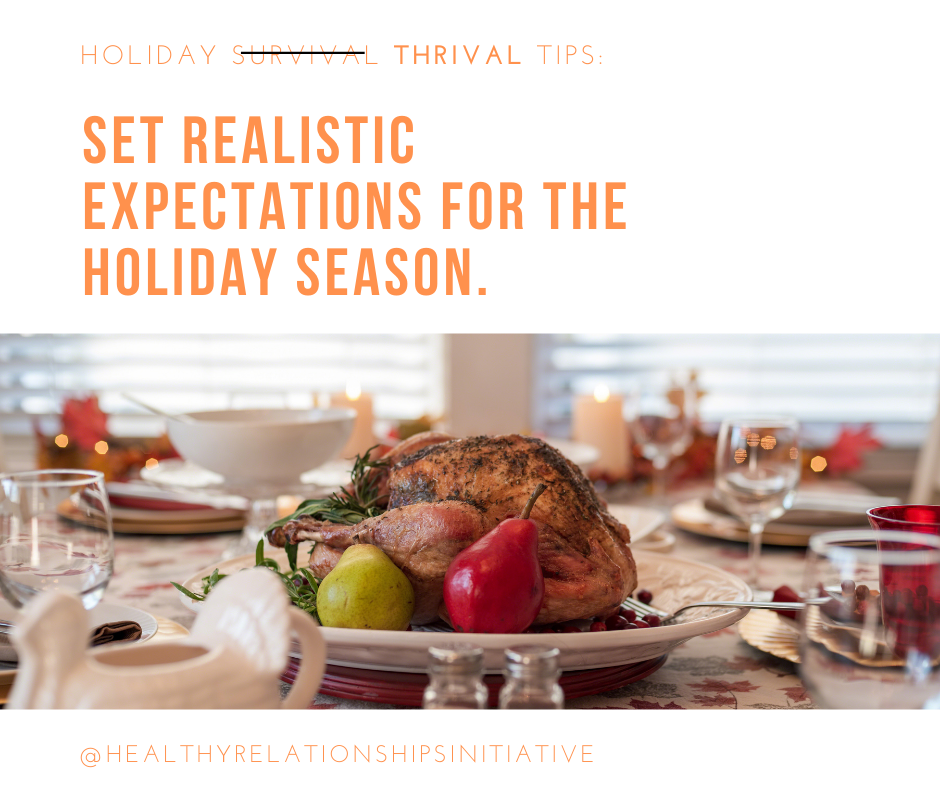Coping with Holiday Loneliness: Tip 1

Loneliness is hard to deal with at any time of the year, but when we experience loneliness during the holidays, it can seem a little bit harder to cope and overcome.
One important step in overcoming and coping with loneliness is to acknowledge your feelings. This allows you to more clearly figure out what steps you need to take to overcome that loneliness.
Read more about acknowledging and accepting feelings of loneliness here.









